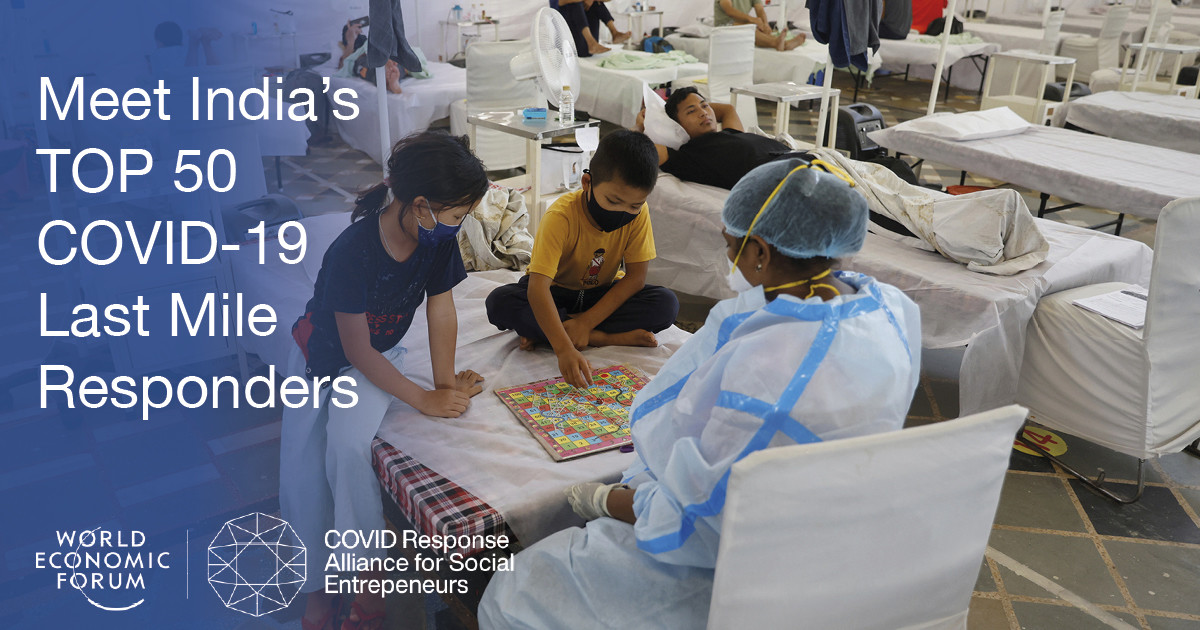COVID-19: Most important news on the coronavirus pandemic on October 29
[ad_1]
- This daily roundup brings you a selection of the latest news and updates on the COVID-19 coronavirus pandemic, along with tips and tools to help you stay informed and protected.
- In the news: less than 10% of African countries are on the verge of reaching the vaccination target; $ 23.4 billion sought to fight COVID-19 in the poorest countries; New COVID-19 borders in Russia, Ukraine.
1. How COVID-19 is affecting the world
Confirmed cases of COVID-19 topped 245.5 million worldwide, according to Johns Hopkins University. The number of confirmed deaths stands at more than 4.98 million. More than 6.94 billion vaccine doses were administered globally, according to Our World in Data.
Pfizer and BioNTech contract to provide 50 million Vaccines against covid-19 for American children.
Malaysia has also announced that it will purchase the Pfizer / BioNTech COVID-19 vaccine for children aged 5 to 11.
New cases of COVID-19 in Britain fell nearly 10% over the past week, with 39,842 new confirmed cases reported yesterday.
It comes as the UK announces it will remove the last seven countries from its “Red List” of COVID-19 Travel. New arrivals from these countries – Colombia, Dominican Republic, Ecuador, Haiti, Panama, Peru and Venezuela – are currently required to spend 10 days in hotel quarantine.
COVID-19 restrictions were tightened in the Ukrainian capital of Kiev. It comes as the country reported a new daily record of COVID-19 cases – 26,071.
From Monday, some COVID-19 restrictions will be relaxed in South Korea, marking the start of its plan to “live with COVID-19”.
About 100 former presidents, prime ministers and government ministers have written to the G20 urging them to agree on how to transfer COVID-19 vaccine surplus to low-income countries.
Vaccines against covid-19 arrived at Australia’s Casey research station in Antarctica, authorities said on Friday, allowing researchers to be vaccinated before returning home.
Moscow introduced its strictest COVID-19 Borders in more than a year as cases and deaths nationwide have reached new highs.
2. $ 23.4 billion sought to fight COVID-19 in the poorest countries
The World Health Organization (WHO) and other aid groups have called on leaders of the world’s 20 largest economies to fund a $ 23.4 billion plan to provide COVID-19 vaccines, tests and drugs to the world’s poorest countries over the next 12 months.
WHO Director-General Tedros Adhanom Ghebreyesus said the Group of 20, whose leaders are meeting in Rome this weekend, have the political and financial power to end the pandemic by funding the plan, which he believes could save five million lives.
“The claim is for $ 23.4 billion. That’s a good amount of money, but if you compare with the damage to the global economy also caused by the pandemic, it’s not really much,” Carl Bildt, WHO special envoy to the ACT-Accelerator, told reporters earlier.
“I hope and urge the G20 to commit to ending the pandemic,” Norwegian Prime Minister Jonas Gahr Stoere, whose country is co-chairing the fundraising effort, said at the press conference .
3. Less than 10% of African countries are expected to achieve the vaccination target
WHO has warned that less than 10% of African countries are expected to meet the end-of-year target of fully vaccinate 40% of their population unless efforts are made to pick up the pace.
Only five African countries are on track to meet the target, with just three – Seychelles, Mauritius and Morocco – having already done so. Only Tunisia and Cape Verde should join them.
However, it is not just the vaccine dose supplies that are of concern. UNICEF has reported an imminent shortage of up to 2.2 billion auto-disable syringes for COVID-19 vaccination and routine immunization in 2022.
“The looming threat of a vaccine commodity crisis hangs over the continent. Early next year, COVID-19 vaccines will start pouring into Africa, but syringe shortages could cripple progress. Drastic measures must be taken to rapidly increase syringe production. Countless African lives depend on it, â€said Dr Matshidiso Moeti, WHO Regional Director for Africa.
Each of our 50 last mile social enterprise and multi-stakeholder first responders works in four priority areas of need: prevention and protection; Treatment and relief of COVID-19; inclusive access to vaccines; and securing livelihoods. The list was curated jointly with regional hosts Catalyst 2030 NASE and Aavishkaar Group. Their profiles are available on www.wef.ch/lastmiletop50india.
Top Last Mile Partnership Initiatives to Work With:

[ad_2]

